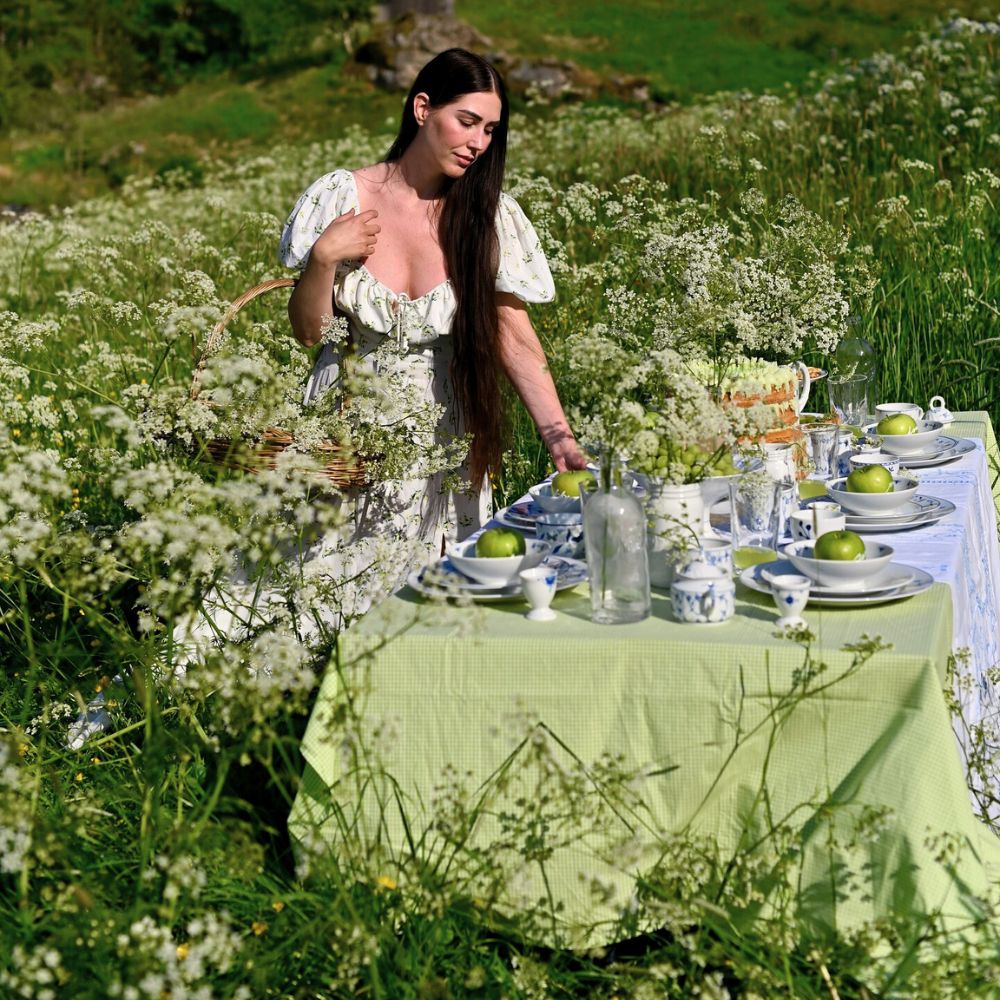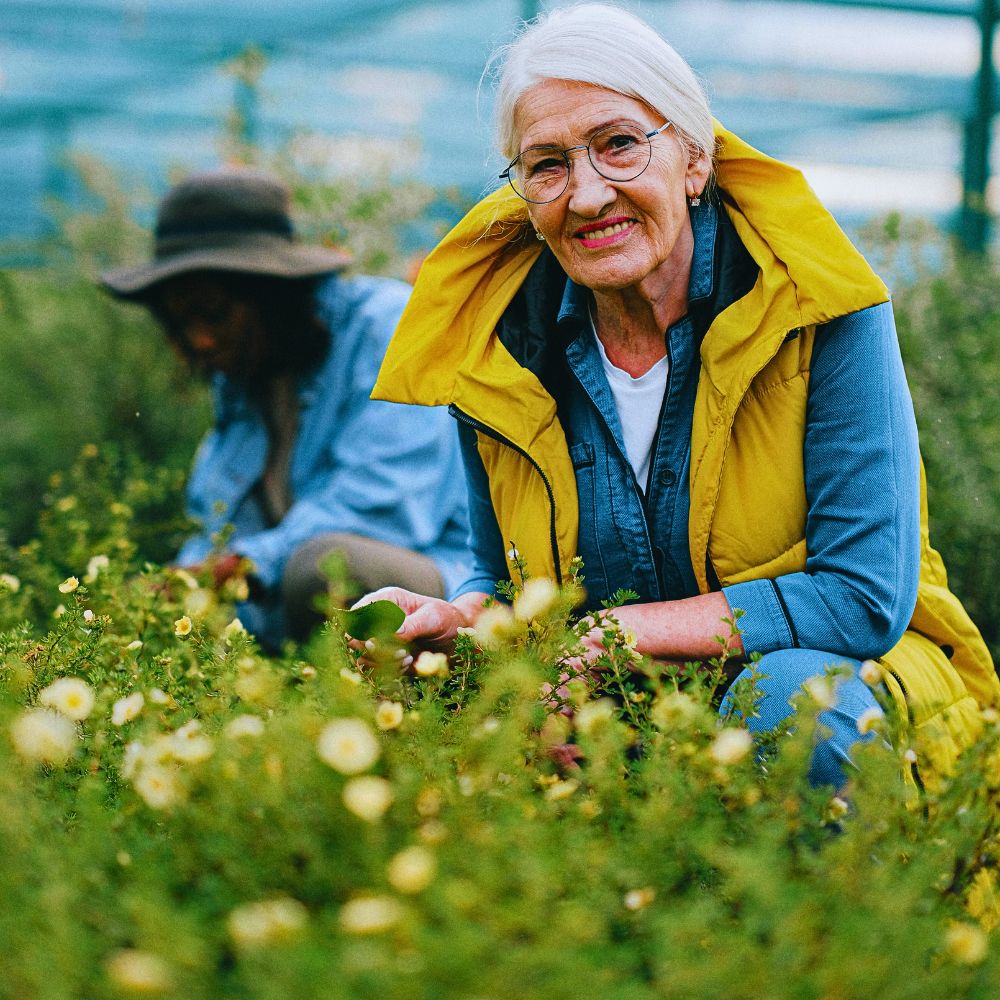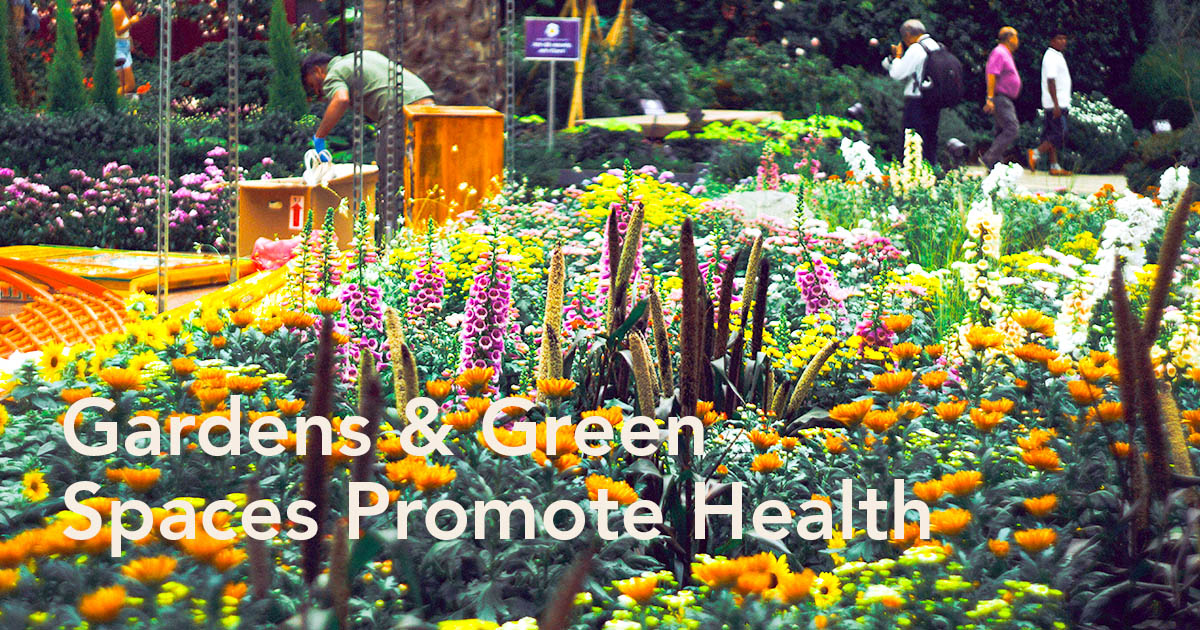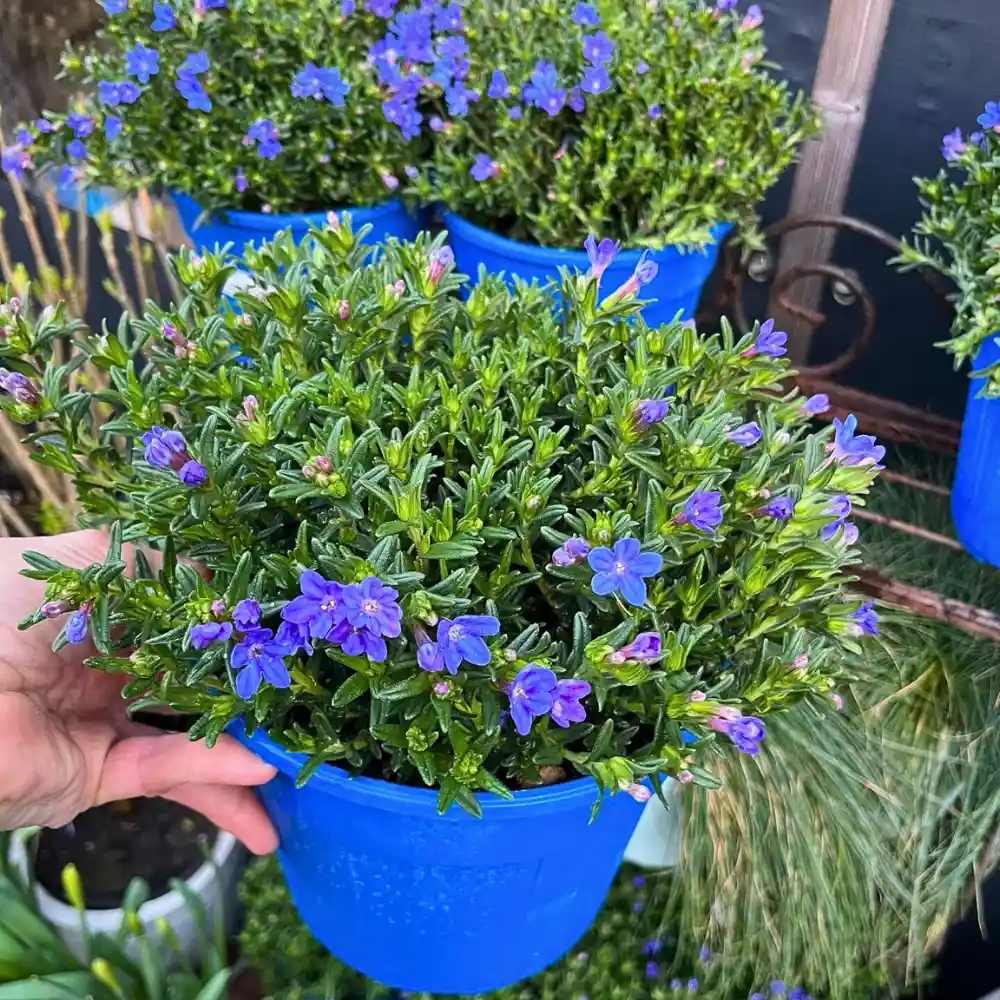The most influential medicine for human well-being often lies not in a pill but in nature. Scientific research has increasingly validated the intuitive understanding that regular contact with nature gardens brings about great benefits for both mental and physical health. These green refuges offer a natural remedy, rivaling many pharmaceutical interventions, and provide a means of reducing stress, enhancing cognitive function, and improving overall well-being.
The Science Behind Nature's Healing Touch
Modern neuroscience and psychology have revealed the mechanisms through which gardens and green spaces promote human health. When one steps into a carefully cultivated garden or a naturally overgrown environment, their bodies undergo a series of physiological changes that are more than just simple relaxation processes. The beauty of plants, the subtle fragrances, and the gentle sounds of nature create a state of ‘soft fascination,’ allowing one’s overworked attention systems to find respite and recover.

Internationally recognized gardens, like the Royal Botanic Gardens at Kew, Singapore Botanic Gardens, The Butchart Gardens, and Gardens by the Bay, are perfect examples of how thoughtfully designed natural spaces can maximize health benefits while preserving biodiversity and cultural heritage. These strategically located gardens possess unique features, showcasing the potential for human-nature relationships to promote both individual health and environmental conservation.
Furthermore, research conducted in urban settings has revealed that individuals with access to green spaces experience significant health benefits. This includes not only improved mood but also measurable physiological improvements, including reduced blood pressure, stress hormones, and markers of chronic diseases. This physiological response to nature appears to be an inherent part of humans’ genetic makeup, a result of millions of years of evolutionary adaptation to natural environments.

The Psychological Benefits
The psychological advantages of nature gardens are extensive and long-lasting. Meta-analyses of randomized controlled trials have consistently demonstrated that horticultural therapy leads to significant improvements in mental health outcomes. Participants in gardening programs have shown measurable reductions in symptoms of depression, anxiety, and general psychological distress compared to those receiving standard treatments alone.
This mechanism is explained by the ‘attention restoration theory,’ which suggests that the modern environment constantly demands directed attention, leading to fatigue and decreased cognitive performance. In contrast, natural environments engage people’s involuntary attention through fascinating yet non-demanding stimuli, allowing their directed attention system to recover and rejuvenate.

More studies on individuals with severe mental health conditions, such as schizophrenia, have revealed amazing results. Horticultural therapy has been shown to produce substantial improvements in symptom reduction, with benefits increasing over time. Similarly, research with older adults experiencing depression has found that garden-based interventions are highly effective, with optimal results seen after consistent participation.
Physical Health Benefits
Nature gardens also provide substantial physical health benefits in various ways. The physical activities involved in gardening, like digging, planting, and harvesting, constitute moderate aerobic exercise that can be sustained over extended periods. This form of activity is particularly beneficial for older adults and sedentary populations. It offers a gentle yet effective workout without the intimidating atmosphere of traditional fitness facilities.

Additionally, the immune system benefits from exposure to the diverse microbial communities present in soil and plants. This exposure helps train immune responses and may contribute to reduced rates of allergic conditions and autoimmune disorders. Regular outdoor activity in gardens also ensures adequate vitamin D synthesis, supporting bone health and immune function.
Horticultural Therapy
The field of horticultural therapy has evolved from informal gardening activities to a structured clinical discipline with licensed professionals. Horticultural therapists now work in various healthcare settings, designing tailored plant-based interventions to address specific patient needs and treatment goals.


These interventions typically involve multiple domains, including physical rehabilitation through garden-based activities, psychological support through stress reduction and mood enhancement, social connection through group gardening projects, and vocational training through horticultural skill development. This comprehensive approach allows therapists to address multiple aspects of health and wellness simultaneously.
The Social Dimension of Garden Healing
While the individual benefits of nature contact are significant, gardens are effective platforms for social connection and community building. Research has consistently demonstrated that shared gardening activities enhance social cohesion, reduce isolation, and provide informal support networks for individuals facing mental health challenges. Community gardens, in particular, create opportunities for intergenerational interaction and knowledge sharing, fostering a sense of belonging and support.

Studies from various countries have shown that gardening programs often evolve into ongoing social support systems, with participants forming lasting friendships and connections through garden activities. This social dimension is particularly valuable for older adults, immigrants, and individuals recovering from mental health crises, providing a sense of community and belonging.
Always Accessible Nature Garden Experiences
While mostly the bigger botanical gardens capture attention and attract visitors, the health benefits of nature contact can be accessed through smaller-scale interventions. Research during the COVID-19 pandemic showed that individuals engaging in home gardening activities two to three times per week reported significantly lower stress levels and higher life satisfaction compared to non-gardeners.

Urban planning initiatives that incorporate green spaces into neighborhoods have also demonstrated measurable improvements in community mental health outcomes. Studies of vacant lot conversion programs have found that creating small neighborhood gardens can lead to detectable reductions in depression scores within a relatively short period.
Why Nature Garden-Based Health Interventions Matter
With the rising mental health disorders and lifestyle-related diseases, garden-based interventions offer a cost-effective and culturally acceptable approach. The growing body of research supporting the effectiveness of horticultural therapy provides strong evidence for its integration into standard healthcare protocols, particularly for conditions involving stress, anxiety, and depression.

The COVID-19 pandemic accelerated the recognition of nature's role in mental health maintenance, with many healthcare systems now actively promoting garden-based activities as part of their comprehensive wellness programs. This shift reflects a growing understanding that health promotion requires a wide-reaching approach, considering environmental and social factors alongside individual behaviors and medical interventions.

Future developments in garden-based healthcare may well involve more sophisticated integration of technology alongside traditional practices. Virtual reality garden experiences and biometric monitoring systems may play a role in providing personalized therapeutic interventions and measuring physiological responses to different garden environments.
Feature image by @martabednarskafoto, header image by Ren Arante.










